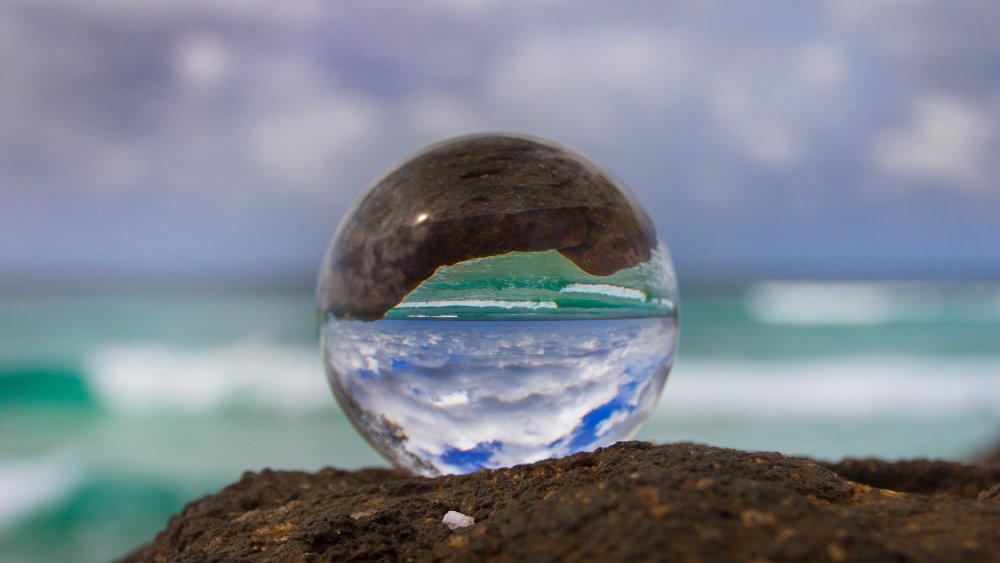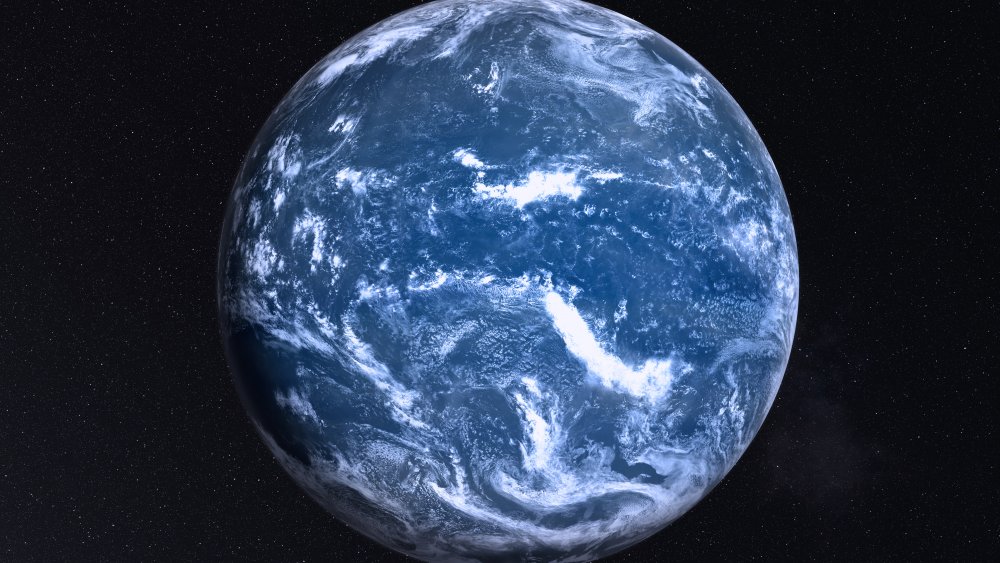Water World: Earth May Once Have Been A Global Ocean
Earth's climate and topography have always been in flux. From massive tropical supercontinents to "snowball Earth", which was covered in one massive glaciar, the face of our planet has undergone quite a few radical transformations. Now, researchers have determined that approximately 3 billion years ago, Earth was a "water world" flooded by a global ocean that spanned from pole to pole. No word yet on whether this diluvial epoch featured any gill-bearing Kevin Costners.
According to The Guardian, researchers made this latest discovery by studying the chemical signatures in a chunk of oceanic crust. The study was conducted by Boswell Wing of the University of Colorado at Boulder and his postdoctoral student, Benjamin Johnson. They published their results in the journal Nature Geoscience.
"An early Earth without emergent continents may have resembled a 'water word', providing important environmental constraint on the origin and evolution of life on Earth, as well as its possible existence elsewhere," the team wrote.
Ancient rocks in Australian outback tell the story of a global ocean
The team conducted their research in the north-western Australian outback, in a region known as the Panama district. Here, a unique geological feature allowed researchers to study a 3.2 billion-year-old slab of ocean floor that has been pushed to the surface. The ancient rock slab provided Wing and Johnson with important chemical data that can be linked to the seawater covering the Earth at the time of the rock's formation.
To confirm the existence of this global ocean, Wing compared the concentrations of the two different isotopes of oxygen, O-16 and O-18. They discovered that this ancient sea floor contained a significantly higher concentration of the heavier oxygen isotope. This result points to a global ocean, because the presence of continents would have absorbed much of the O-18 present in the 100 samples that they studied. "Without continents above the ocean, the oxygen value would be distinct from today, which is exactly what we found," Johnson said.

